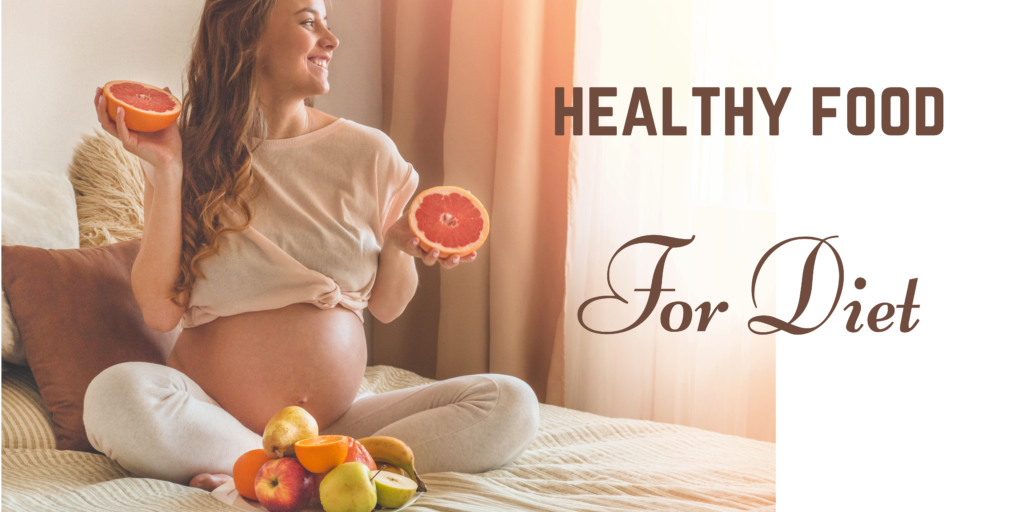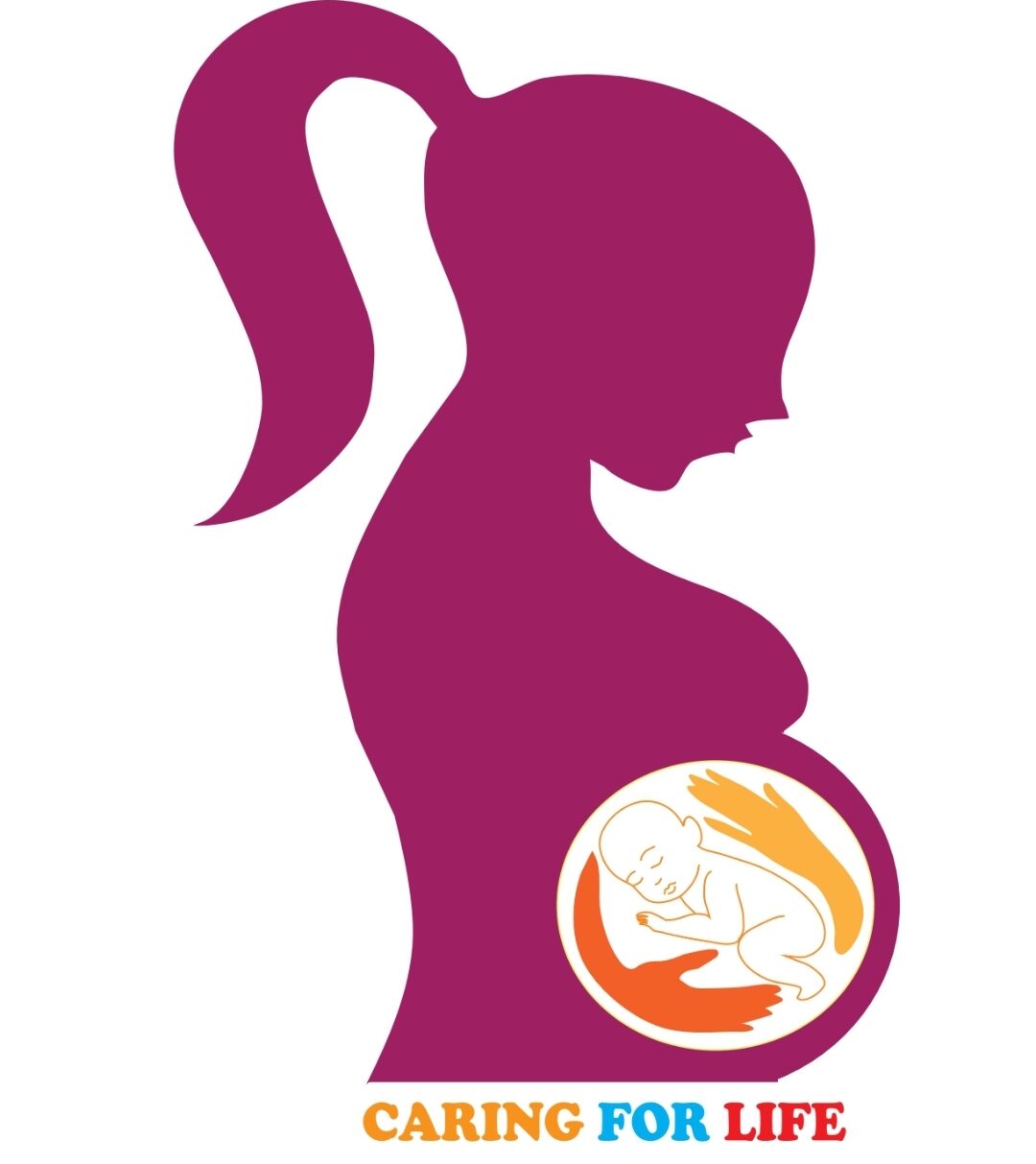
A nutritious diet is essential to maintaining both your health and the healthy growth of your unborn child during pregnancy, as it is a life-changing experience. Although there is no greater delight than expecting a child, it’s equally crucial to pay attention to what you eat. An optimal diet is crucial for preventing difficulties and promoting the health of the mother and unborn child during pregnancy. Dr. Gauri Jagdale offers pregnant mothers some crucial dietary advice.
1. Balanced Diet: The Foundation of Good Health
All the dietary groups—fruits, vegetables, lean meats, whole grains, and dairy—are represented in a well-balanced diet. To make sure you receive a variety of nutrients, try to arrange your food in a rainbow of colors.
– Fruits and vegetables: Rich in fiber, vitamins, and minerals. Try to eat five or more servings each day.
– Lean Proteins: Vital for developing the organs and tissues of your unborn child. Eat foods such as fish, poultry, lentils, and beans.
– Whole Grains: High in fiber and a source of energy, they can help ward off constipation. Pick oats, brown rice, and whole wheat bread.
– Dairy: Vital for the development of your baby’s bones, as dairy contains calcium and vitamin D. Choose cheese, yogurt, and milk.
2. Essential Nutrients
Several nutrients are especially crucial when pregnant:
– Folic Acid: Essential for avoiding neural tube abnormalities. Add citrus fruits, legumes, leafy greens, and fortified cereals.
– Iron: Promotes the larger volume of blood during pregnancy. Lean meats, spinach, and fortified cereals are good sources of it. Combine with foods high in vitamin C to improve absorption.
– Calcium: Required for healthy teeth and bones. Tofu, plant milks with added nutrients, and dairy products are great sources.
– Omega-3 Fatty Acids: Essential for the growth of the brain. Add walnuts, flaxseeds, and fatty seafood like salmon to your diet.
3. Hydration is Key
Maintaining amniotic fluid levels and promoting increased blood volume depend on staying hydrated. Get eight to ten glasses of water each day. Add foods high in water content, such as oranges, cucumbers, and watermelon.
4. Foods to Avoid
There are some foods that you should limit or stay away from to protect your baby:
– Uncooked or undercooked eggs and seafood: Possible foodborne illness risk.
– Fish with a high mercury content: King mackerel, swordfish, and shark.
– Risk of listeria in unpasteurized dairy products.
– Limit caffeine intake to 200 mg per day, or around one 12-ounce cup.
– Alcohol: Best to avoid entirely during pregnancy; there is no safe amount to consume.
5. Healthy Snacking
Healthy snacks are necessary because pregnancy frequently boosts appetite. Choose to:
Nuts and seeds: Rich in proteins and good fats.
– Greek yogurt: Rich in calcium and protein.
– Fresh Fruit: An organic supply of fiber and vitamins.
– Whole Grain Crackers with Hummus: Filling and nutritious.
6. Managing Pregnancy Symptoms
Some foods can help reduce the following typical pregnancy symptoms:
– Ginger tea, crackers, and bananas to help with morning sickness.
– Heartburn: Eat smaller, more often meals and stay away from acidic or spicy foods.
– Foods high in fiber, lots of water, and frequent exercise can help relieve constipation.
7. Consult Your Doctor
Every pregnancy is different. Before making big dietary changes, it’s crucial to speak with Dr. Gauri Jagdale or your healthcare provider. Based on your medical requirements and the course of your pregnancy, they can offer you tailored guidance.
Being pregnant is a unique experience and one of the best ways to make sure it’s enjoyable for you and your unborn child is to keep a balanced diet. One way to promote a healthy pregnancy journey is to be informed and concentrate on eating a balanced diet.
To discuss any concerns and receive more individualized guidance, make an appointment with Dr. Gauri Jagdale, a renowned gynecologist in Keshav Nagar, right away.




